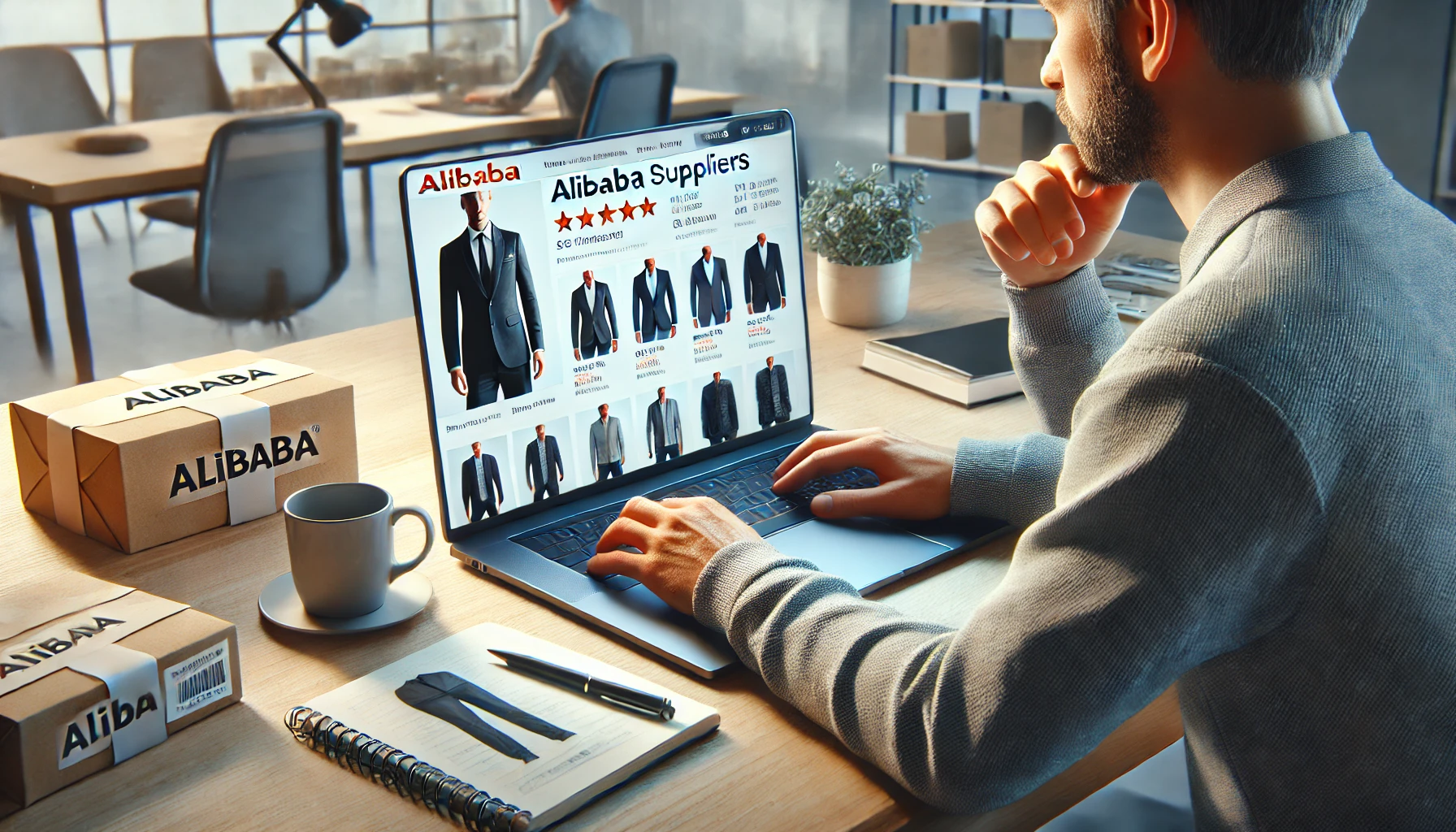Introduction
Finding a reliable supplier on Alibaba is one of the most crucial steps when importing products to the USA. Choosing the wrong supplier can lead to poor product quality, delays, or even scams. To avoid these risks, it’s essential to understand how to vet suppliers properly. In this guide, you’ll learn how to identify trustworthy suppliers, avoid common mistakes, and ensure a smooth import process.
Understand the Different Types of Suppliers on Alibaba
Alibaba hosts different types of suppliers, and knowing how they operate can help you make the right choice.
1. Manufacturers – These are factories that produce goods in bulk. They offer lower prices and customization options but often have high minimum order quantities (MOQ).
2. Trading Companies – These act as middlemen between manufacturers and buyers. They offer a wide range of products but may have slightly higher prices.
3. Wholesalers – They buy in bulk from manufacturers and sell smaller quantities to retailers. This is a good option if you’re testing a product before committing to a large order.
How to Identify a Reliable Supplier on Alibaba
Finding a trustworthy supplier requires careful research. Here are the best strategies:
1. Look for Verified Supplier Badges
Alibaba provides several verification badges that indicate a supplier’s credibility:
- Gold Supplier – This means the supplier has paid for Alibaba’s premium membership, but it does not guarantee reliability.
- Verified Supplier – The company has been inspected by a third party. This adds credibility.
- Trade Assurance – A protection service that ensures refunds if the supplier does not fulfill their promises.
2. Check the Supplier’s Business History
A reliable supplier should have:
- At least 3 to 5 years of experience on Alibaba.
- A strong transaction history with many completed orders.
- Consistently high customer ratings and reviews.
3. Read Customer Reviews and Ratings
Customer feedback gives insight into product quality, delivery times, and supplier communication. Look for:
- Ratings above 4.5 stars for most of their products.
- Detailed reviews mentioning product durability and shipping reliability.
- Complaints about order issues, poor communication, or delayed shipments.
4. Contact the Supplier and Ask Key Questions
Good suppliers will respond professionally and provide detailed information. Ask about:
- Product materials and specifications
- MOQ (minimum order quantity)
- Price per unit and possible discounts for bulk orders
- Payment options (Trade Assurance is the safest)
- Shipping times and methods
If the supplier is vague or refuses to answer, it’s a red flag.
5. Request Product Samples
Before placing a large order, always ask for samples. This helps you verify:
- The actual quality of the product
- Packaging and branding options
- Whether the product matches its description
If a supplier refuses to provide samples or delays sending them, reconsider working with them.
6. Check for Red Flags and Avoid Scams
Some warning signs that a supplier may not be trustworthy include:
- Unrealistically low prices – If the deal seems too good to be true, it probably is.
- Poor communication – Slow responses or unclear answers may indicate problems.
- No verified business address – Reliable suppliers should have a physical location and business registration.
- Pushing risky payment methods – Avoid suppliers who insist on Western Union, MoneyGram, or direct bank transfers without Trade Assurance.
How to Compare Multiple Suppliers
Don’t settle for the first supplier you find. Contact at least 3 to 5 suppliers and compare:
- Pricing and discounts for bulk orders
- Product quality (based on samples and reviews)
- Shipping options and estimated delivery times
- Customer service response time and professionalism
This comparison ensures you choose the best supplier for your business.
The Importance of Building Long-Term Supplier Relationships
Once you find a reliable supplier, maintaining a good relationship can lead to better deals. Here’s how:
- Communicate professionally – Treat the supplier as a business partner.
- Place regular orders – Suppliers prioritize repeat customers.
- Negotiate better terms – Over time, you can request lower MOQs or discounts.
Final Thoughts
Finding a reliable supplier on Alibaba takes time, but it’s essential for a successful import business. By verifying supplier credentials, reading reviews, requesting samples, and comparing options, you can minimize risks and ensure high-quality products. The key is to be thorough and patient—choosing the right supplier will save you time, money, and headaches in the long run.
